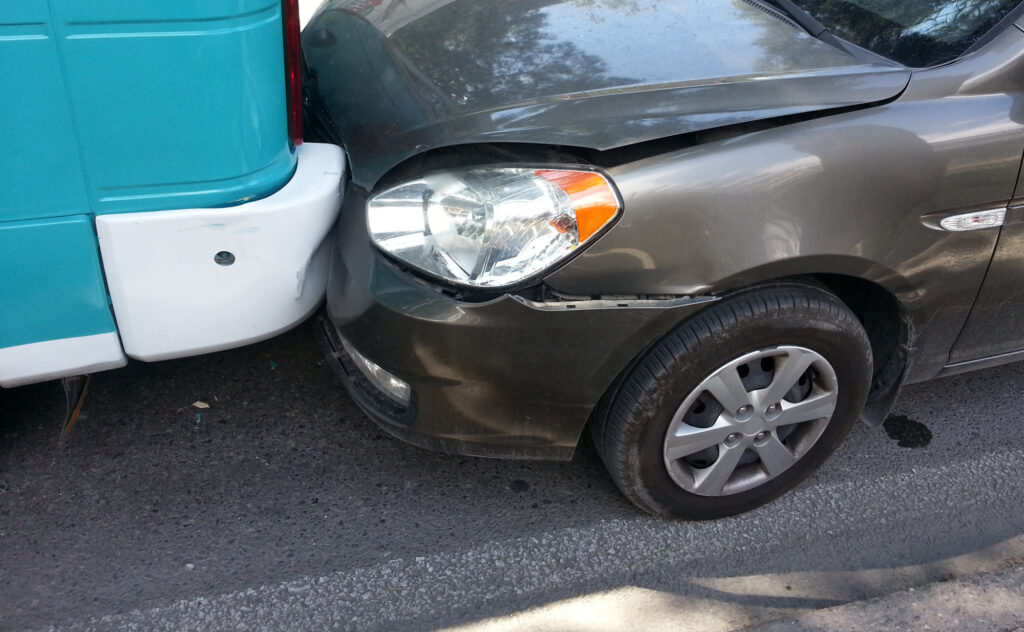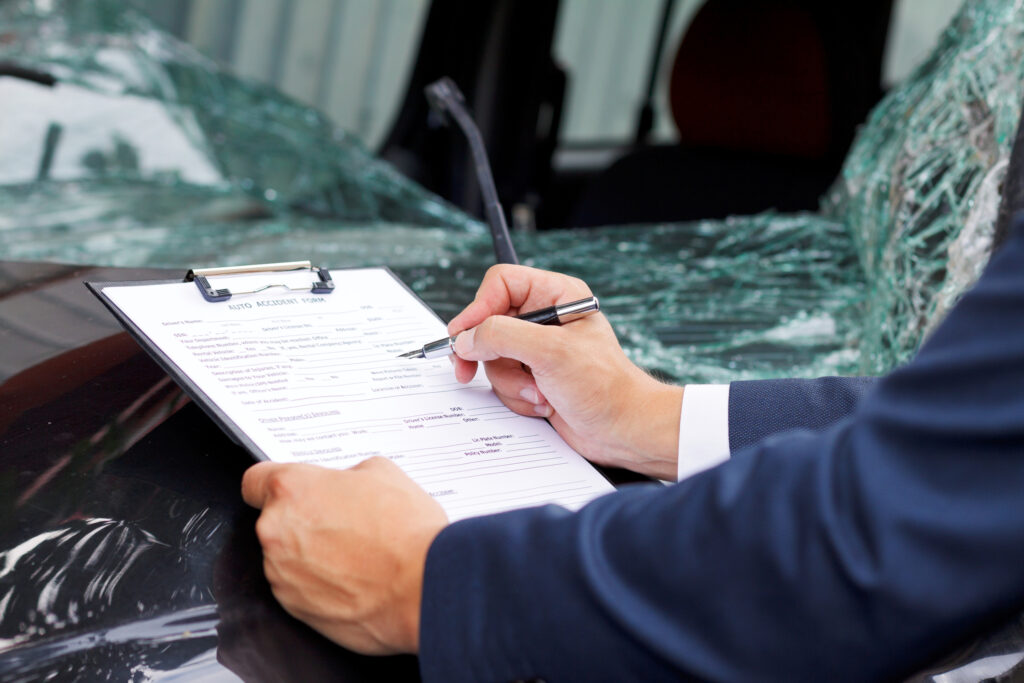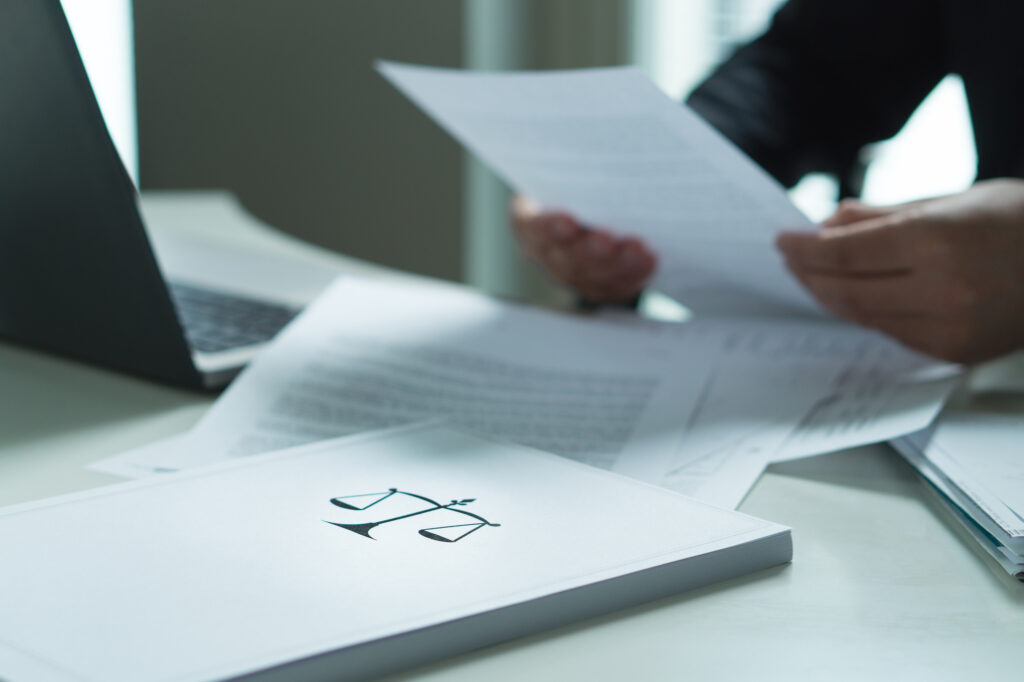
In 2021 there were 4,258 motor vehicle accident fatalities in California. This is a 10.7% increase in deaths over 2020.
You have a greater chance of experiencing a vehicle accident in California than anywhere else in the country. That is because California has 30,398,249 registered vehicles, more than any other state.
Keep reading to learn the actions you need to take following a car crash.
1. Check for Injuries
The first step following a car accident is to check all passengers in your vehicle, then passengers in the other vehicle for injuries. If this is a heavy pedestrian area or near a school, ensure no one on the street was hit during the impact.
Once you thoroughly assess the scene, call 911 and advise them of the accident. Let them know if people need medical treatment.
Move your vehicle out of the way of traffic if you are able to. If you are unable to move, have injuries, or your car won’t move, stay inside and wait for the police to arrive.
2. Take Photos
Be aware of your surroundings, and make sure you do not obstruct traffic when gathering evidence. Take photographs of the accident scene before moving vehicles off the road. If you are unable to take photographs, ask someone else to take photos for you.
Photos should include damage to your own and other vehicles, including the other car’s license plate. This will help law enforcement determine fault. Record the accident’s date, time, and location, including skid marks and property damage.
Once you have a series of still photographs, pan over the entire scene with a video. The video may help you, law enforcement, or your attorney spot things you initially missed.
After photographing the collision sight and vehicle positions, move automobiles off the road so they don’t impede traffic flow.
Turn on hazards to warn approaching traffic. If you or other drivers have cones or other emergency signal devices, set them up to keep the area safe.
3. Collect Information
Record the other driver’s name, address, phone number, driver’s license number, insurance, and registration information. If the driver and registration names don’t match, inquire about their relationship with the vehicle owner.
Talk to witnesses and request their names and contact information. Write down what they say about the accident, including whether they believe you or the other driver to be at fault. Do not try to change or manipulate their version of events, even if you disagree.
You can also ask the witnesses to write and sign a brief statement regarding what they saw. If they agree, you can take a voice recording of their statement. Make sure the recording indicates the name of the person speaking.
Note any comments made by the other driver or their passengers. Off-handed remarks about how the accident occurred and what they were doing (i.e., adjusting the radio) may be helpful to your personal injury attorney.
4. Do Not Admit or Accuse
Never admit responsibility at the accident scene, even if you believe you are the at-fault party. Allow law enforcement to make their own determination of fault.
Most people are tense following an auto accident, and discussions can lead to aggression. If the other driver makes comments about fault or blame, write down what they said but don’t respond. Writing down their accusations may provide your attorney with insight into their line of defense if legal action is necessary.
Provide the information to the police and your attorney. It is their responsibility to take appropriate action.
5. Do Not Make Curbside Settlements
Do not agree to avoid waiting for police or skipping insurance claims in exchange for a quick cash payout. These actions can leave you holding the bag for expensive repairs or a guilting of violating the law.
Failure to report a car accident in California puts you at risk of driver’s license suspension, fines, and an increase in your insurance rates. By law, either you, your insurance agent or your attorney must file form SR-1 with the California DMV within ten days of the accident if anyone suffers injury or death or there is over $1,000 in property damage.
Any driver wanting to make a quick settlement curbside is likely trying to hide something. They may lack insurance, have an invalid driver’s license, an expired vehicle registration, a warrant is out for arrest or some other reason for avoiding interaction with law enforcement. Politely advise them that you need a police report for your insurance and place the call.
6. Seek Medical Treatment
Some injuries do not appear until hours or days following an accident. If you sustain injuries on the scene, allow paramedics to evaluate and transport you for further medical treatment if necessary.
Never say “I’m okay” or “I wasn’t injured” at the accident sight, even if you refuse medical treatment. This allows the other driver to claim the accident is not the reason for your injuries. If you refuse treatment, say you’ll contact your doctor for treatment.
If you do develop problems from the accident, seek medical treatment immediately. Injuries such as whiplash may not appear for several hours. The sooner you obtain medical treatment following an accident, the easier it is to prove that the damage is due to the accident.
7. Don’t Agree to Insurance Company Settlements

If you suffer injuries in an accident, whether or not the other driver is at fault, an insurance company may offer you a quick settlement.
Insurance companies know that people panic when they can’t work and see the medical bills rolling in. They offer a lowball settlement, hoping you will agree. Once you accept that settlement, you lose the ability to file a lawsuit requesting compensation comparable to your injuries.
Contact a personal injury attorney if you receive a settlement offer from an insurance company. The insurance company may pressure you, saying it is a one-time offer and you lose the settlement if you don’t accept it immediately. Don’t fall for their tricks; consult an attorney first.
8. Contact a Car Accident Attorney
If you suffer severe injuries in an automobile accident, one of the first calls you or a family member needs to make is a personal injury and car accident attorney.
They will review the facts of your case, including the police report, medical records, severity of your injuries, and long-term effects on your life. Using this information, they can advise you on your chances of winning and the potential settlement amount.
An attorney takes the burden off you. They handle negotiations with insurance companies and opposing counsel.
Your attorney will take steps to get your medical bills paid and compensation for loss of income during your recovery. If the attorney cannot secure a settlement, they will file a complaint in court before California’s two-year statute of limitations expires.
Find a Motor Vehicle Accident Attorney

When you or a loved one suffer injury in a motor vehicle accident, you need to seek medical treatment, notify your insurance company, and call Katella Injury Attorneys. We have the experience and expertise in auto accident injuries to ensure you receive the compensation you deserve.
We handle car, rideshare, motorcycle, and truck accidents, personal injuries, and wrongful deaths. When you need an attorney, don’t hesitate to contact us at 714-395-5514 to schedule a consultation. We’ll handle the law while you handle recovery.